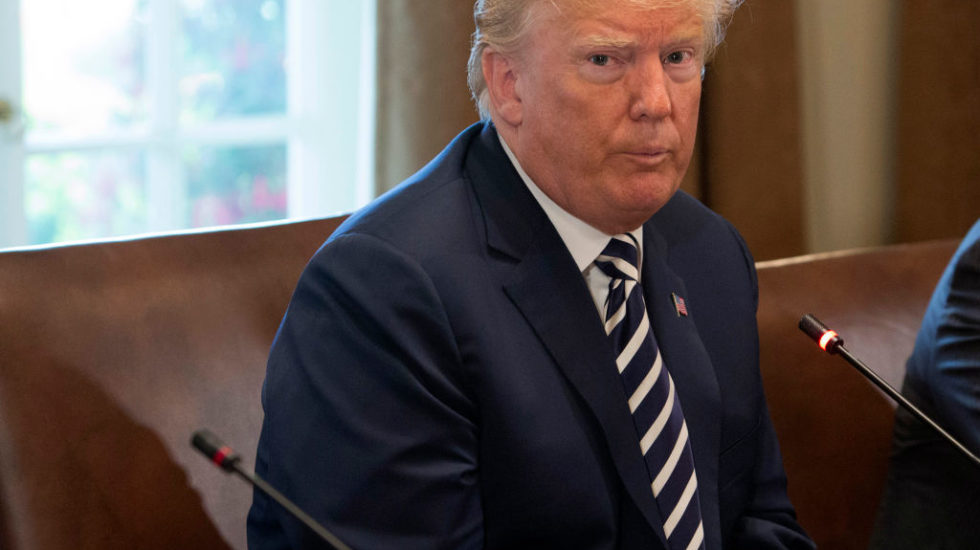Donald Trump has long bragged, probably as much as anything, about his deal-making ability. He even wrote a book about it, “The Art of the Deal.”
“I’m really a great negotiator. I know how to negotiate. I like making deals, preferably big deals.” -Donald Trump
But the biggest deal of all, a trade deal with longtime nemesis China, appears elusive. And at this point, it seems China is winning. Over the weekend, the two parties issued joint a joint statement saying that planned tariffs of $150 billion on Chinese goods were on hold. That doesn’t sound like a win. Or even a push. From The New York Times:
- “The joint statement said China would significantly increase its imports from the United States, but it did not say how much more it would buy and over what time period.”
- “The parts of the statement about investing in each other’s country and protecting intellectual property were even vaguer.”
With the business press painting this as anything but a win, Trump quickly turned to Twitter.
China has agreed to buy massive amounts of ADDITIONAL Farm/Agricultural Products – would be one of the best things to happen to our farmers in many years!
— Donald J. Trump (@realDonaldTrump) May 21, 2018
So what really happened? Was it a complete cave by Trump? From Andrew Ross Sorkin of the Times:
- Indeed, the big question hanging over the Trump administration: Why did it withdraw its tariff threat now, before exacting hard, quantifiable concessions from China? One reason may be that the United States needs China’s help in dealing with North Korea ahead of Mr. Trump’s summit with Kim Jong Un planned for June.
- Another reason may be that China was up for a long fight with the United States and signaled so. Whatever the cause, the takeaway for investors is that the Trump administration passed up an opportunity to show China that it meant what it said.
In other words…bluster then back off. It’s becoming a Trump trademark. From The Washington Post:
- What Trump got from the Chinese is “the kind of deal that China would be able to offer any U.S. president,” said Brad Setser, a China expert at the Council on Foreign Relations. “China has to import a certain amount of energy from someone and needs to import either animal feed or meat to satisfy Chinese domestic demand.”
- China has been buying about $20 billion worth of U.S. agricultural products a year and $7 billion in oil and gas, according to government data. Even if China doubled — or tripled — purchases of these items, it won’t equal anywhere near a $200 billion reduction in the trade deficit.
And what about intellectual property theft? Trump was supposed to get tough with the Chinese. Didn’t happen.
#China is winning the negotiations. Their concessions are things they planned to do anyways. In exchange they get no tariffs, can keep stealing intellectual property & can keep blocking our companies while they invest in the U.S. without limits. #Losing https://t.co/nHu1wnrm3b
— Marco Rubio (@marcorubio) May 21, 2018



